- #COP27
- Saturday, November 12, 2022
- 18:30-20:00 (EGY)
- Room: Akhenaten (150)
- Virtual & In-Person Event
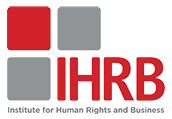







The concept of “just transition” has come increasingly center stage in national and international discussions on finance, energy, agriculture, and other key industrial transitions to net zero. In the last few years, the just transition agenda has grown from being a hard-won concession by the trade union movement to a mainstream buzzword by governments and the private sector.
Its inclusion in the Paris Agreement and 2015 ILO Guidelines provides high-level reference points for national policymakers grappling with catalyzing the local transitions required to meet collective climate goals. International support for several new national “Just Energy Transition Partnerships” (JETPs) are potentially promising examples of developing country investment momentum. Since COP26, there has been a huge uptick in financial institutions, businesses, and industry associations’ commitments to the concept.
But this growth in recognition is also colored by wide-ranging definitions and interpretations of what “just” transition means and how to achieve it.
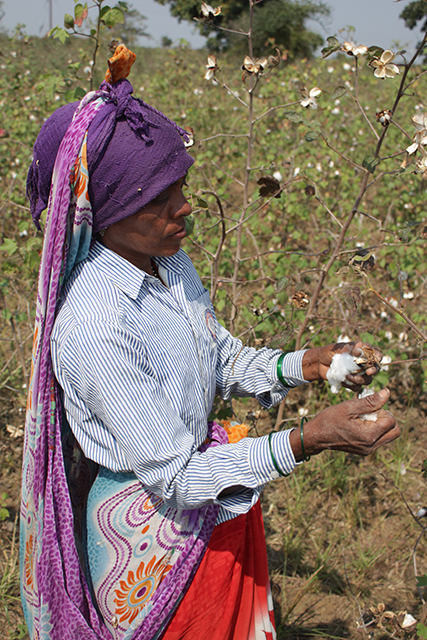
Just as there is an urgent need for clear standards governing what constitutes a “legitimate” net zero claim, so too is the need for clearer standards over transition processes to ensure they operationalize respect for human rights and meaningfully lead to outcomes that achieve not only a greener global economy but a more equitable one too.
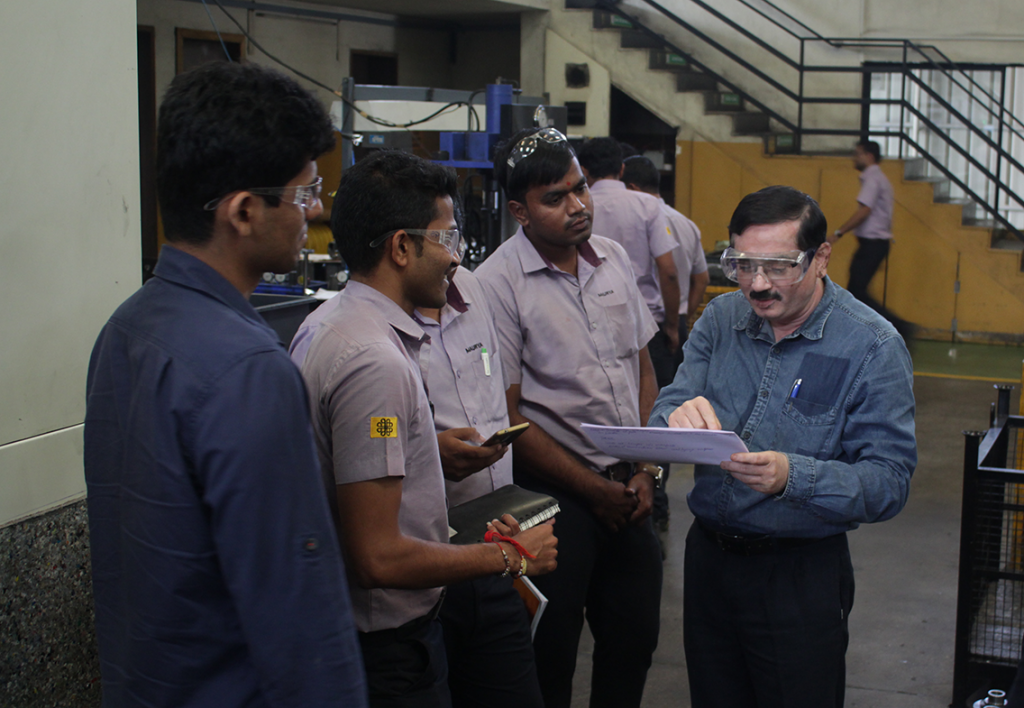
Wide uptake of the just transition concept is welcome and essential to managing the inevitable social disruption in such wide-scale systems changes. But there is also a growing and serious risk that the term is increasingly misused and misapplied without sufficient clarity or accountability. There is a danger that the “justice” element becomes little more than a box-ticking exercise, with different definitions depending on location, sector, and actor, or none at all. If “JT” and “JETPs” are to avoid going the way of “CSR” and “ESG,” then it is urgent that some form of quality control over the “J” element emerges soon. At risk is the transformational potential of this visionary concept being wasted and the agenda being dismissed as delay-ism by those that view social complexity as a drag on the pace of meeting global climate targets.
Learn from thought leaders in the field
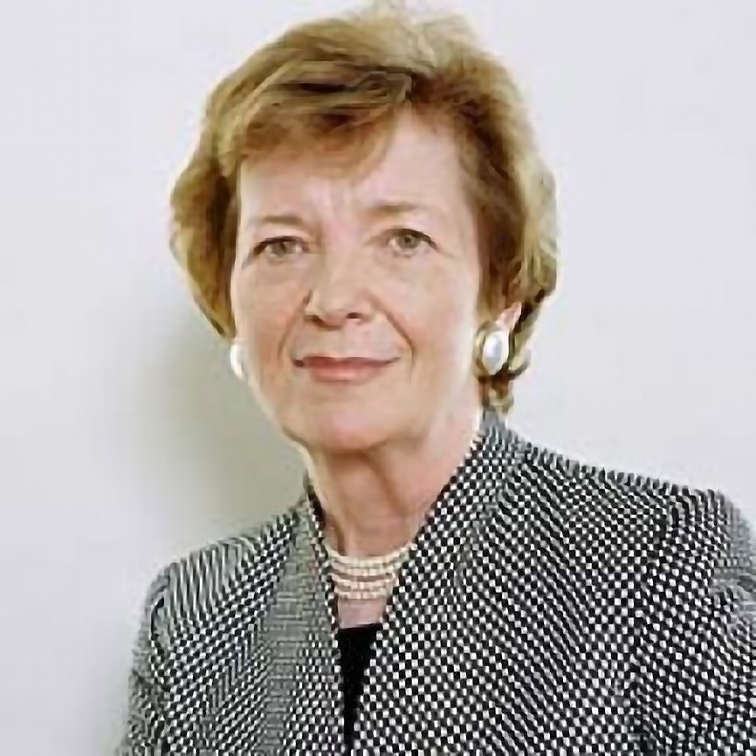
Chair of the Elders
Institute for Human Rights and Business
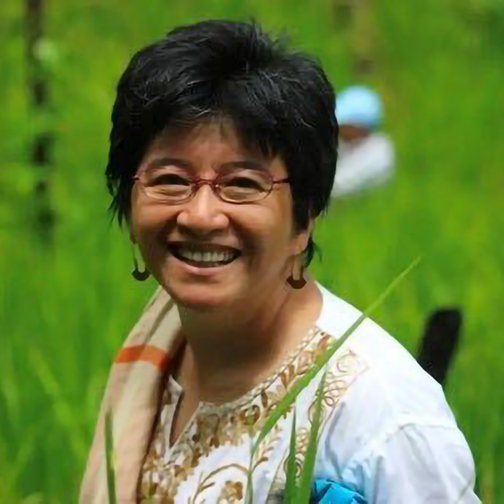
Executive Director
Indigenous Peoples Rights International
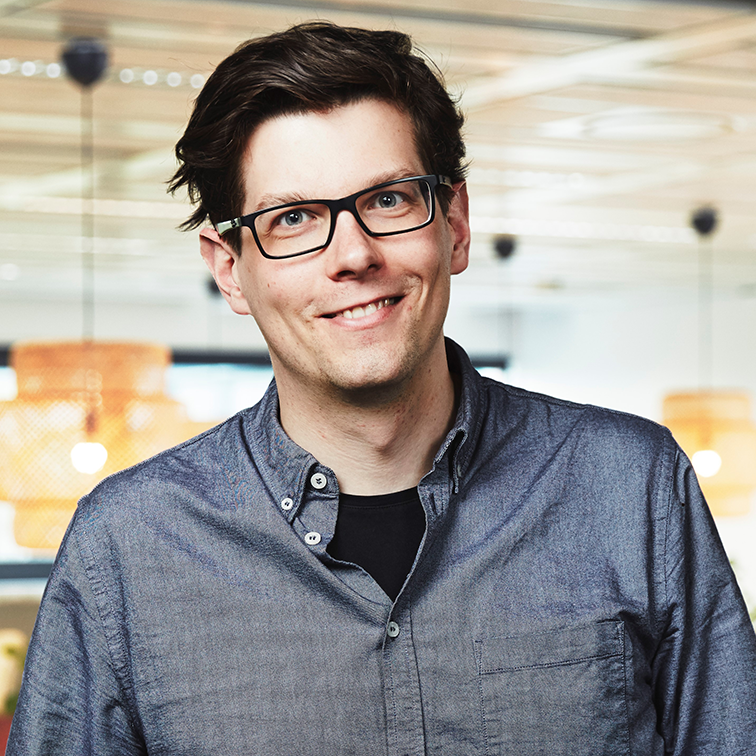
Head of CLIMATE
Inter Ikea Group
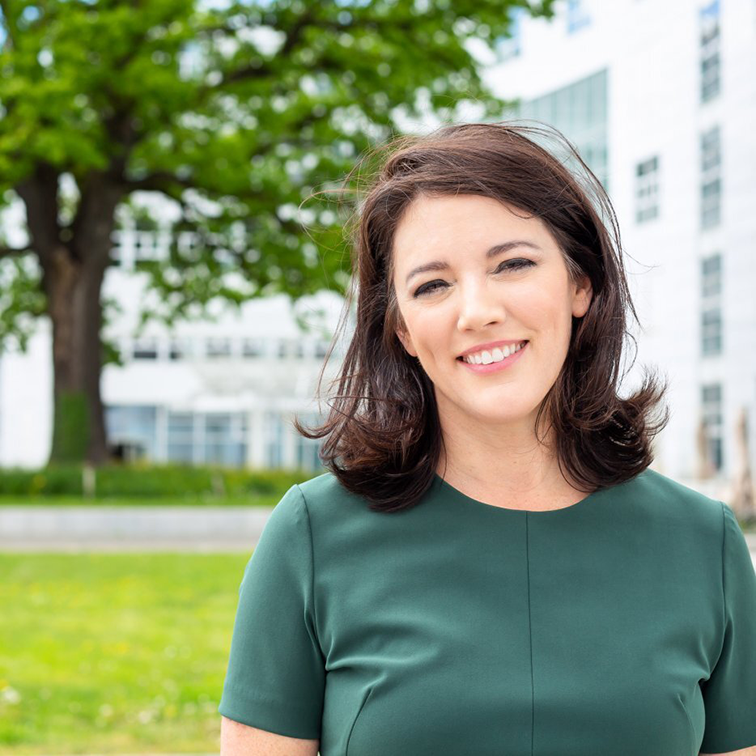
CEO
Laudes Foundation
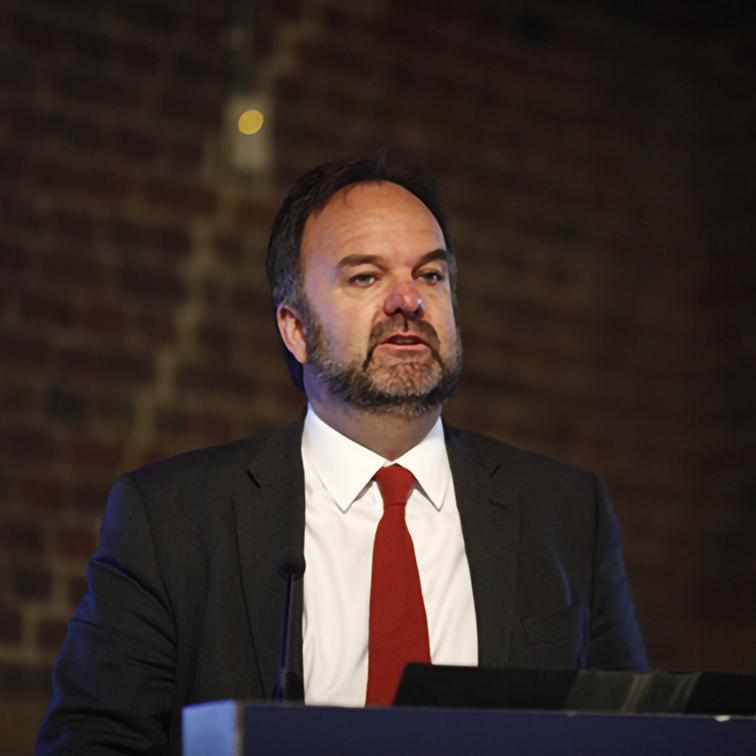
CEO
Institute for
Human Rights and
Business

Program Manager
Energy & Environment
Institute for sustainable Communities
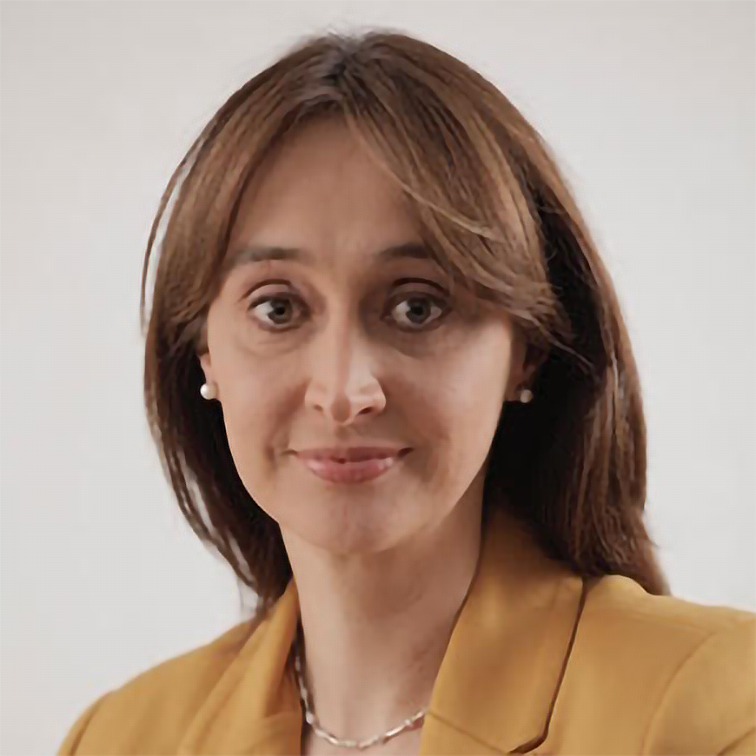
CEO
World Green Building Council
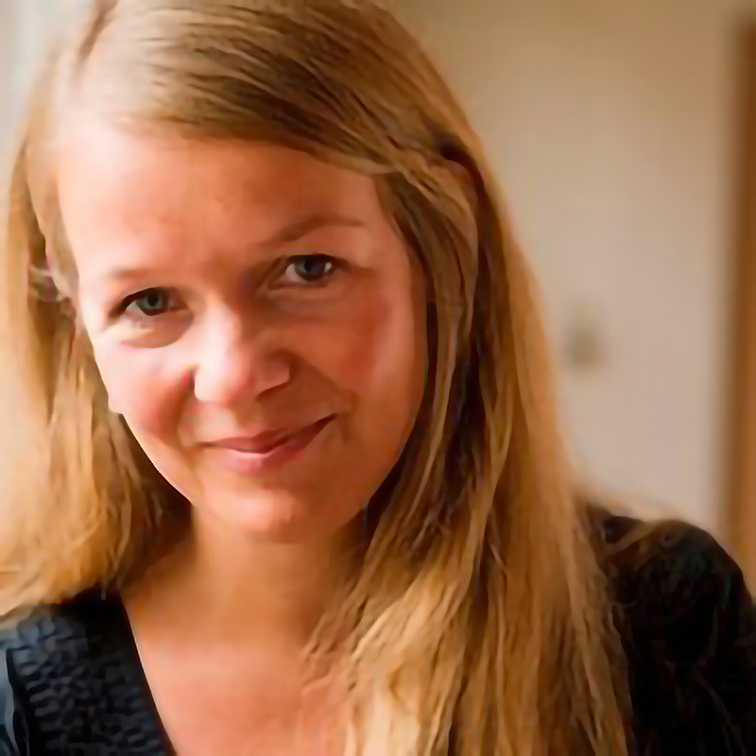
Global Managing Director
Climate Policy Initiative
This event will be in-person at COP27 on Saturday, November 12, 2022. Attendance is free, but space is limited. Non-alcoholic drinks, beer, wine, and vegetarian canapes will be provided.
No invitation is needed, but Blue Zone accreditation is required to access the building. The discussion will also be live-streamed on UNFCCC’s YouTube channel, and a recording will be published with closed captions in all official languages.
For more information, contact us.
Organizations AT the intersection of climate and social justice

The Institute for Human Rights and Business (IHRB) works to make human rights part of everyday business by shaping policy, advancing practice, and strengthening accountability. IHRB deploys a mix of human rights-based research, engagement, and collaborative action with businesses, governments, financial actors, and representatives of civil society and has developed a track record of independent analysis, constructive intervention, and collaborative engagement, earning a reputation as a trusted and independent partner committed to working with all actors on the practical approaches needed to effect positive change.

Laudes Foundation challenges and inspires industry to harness its power for good. Founded by the Brenninkmeijer family business owners, we build on six generations of entrepreneurship and philanthropy and work alongside a wider network of philanthropic organisations.

Institute for Sustainable Communities is an international non-profit organization with a mission to support communities by creating, implementing, and scaling equitable climate change mitigation and resilience solutions for those most profoundly impacted by the global climate crisis by forming collaborative, people-focused partnerships.
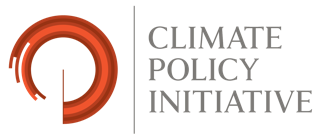
Climate Policy Initiative is an analysis and advisory organization with deep expertise in finance and policy. Our mission is to help governments, businesses, and financial institutions drive economic growth while addressing climate change. CPI has six offices around the world in Brazil, India, Indonesia, the United Kingdom, and the United States.
© Design Cube All Rights Reserved 2021